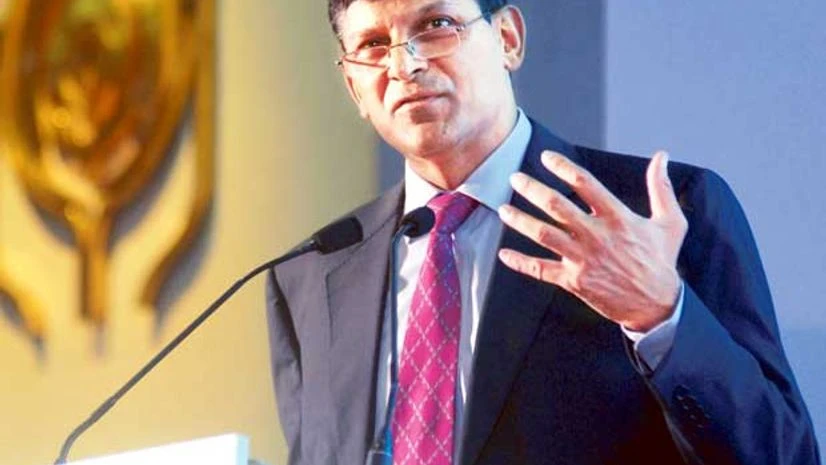RBI Governor Raghuram Rajan kept key rates unchanged despite rising pressure from the government and industry to soften rates in a bid to boost the economy. However, he struck dovish tone, saying that rate cut can be expected early next year if the current inflation trajectory continues. Here are five reasons that explore why the RBI didnot cut rates.
1. The recent decline in inflation is partly due to the base effect but according to economists this is likely to reverse early next year. Also, the Ministry of Agriculture has forecasted a lower kharif output for cereals, pulses and oilseeds which could put some upward bias on inflation in the coming months.
2. Supply side issues in agriculture have still not been sorted out.
3. Inflation expectations still remain elevated.
4. Interest rate cuts in India will reduce the interest rate differential with the US, which is expected to raise rates next year, which might lead to capital outflows.
5. Although crude oil prices have crashed from a peak of $115 to $70.15, approximately down 40%, rupee has depreciated from a low of 58.3350 to 62.0325, depreciating by some 6%, negating some good effect of crashing of crude oil price as far as Indian crude oil imports are concerned. There is strong likelihood that the dollar will appreciate more in the coming months in light of interest rate hike to be implemented by the Fed probably in the second half of CY15

)
